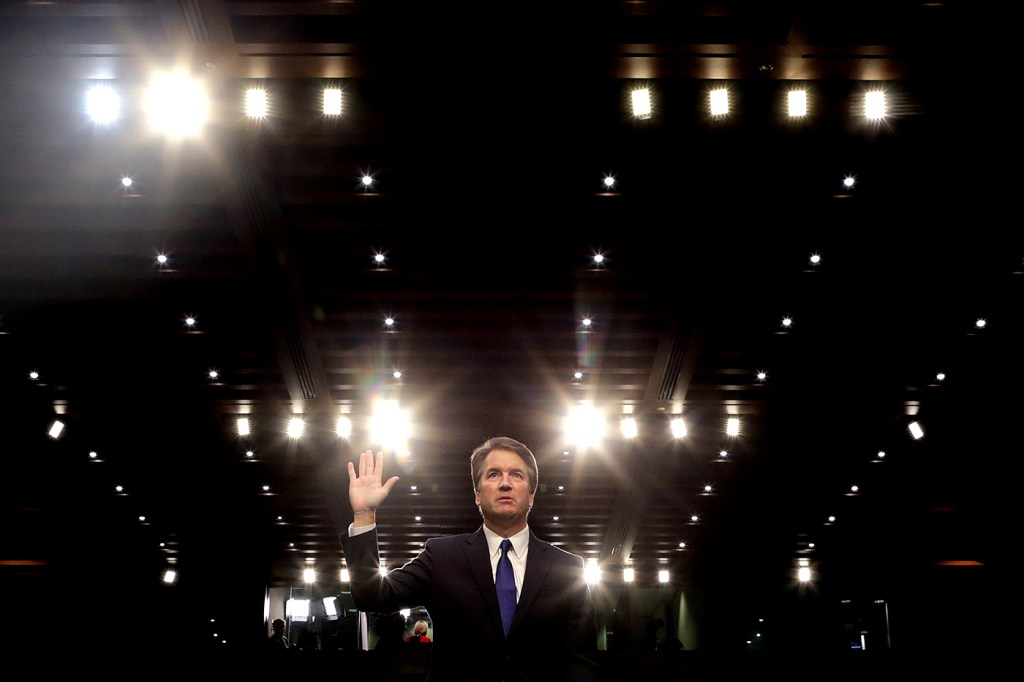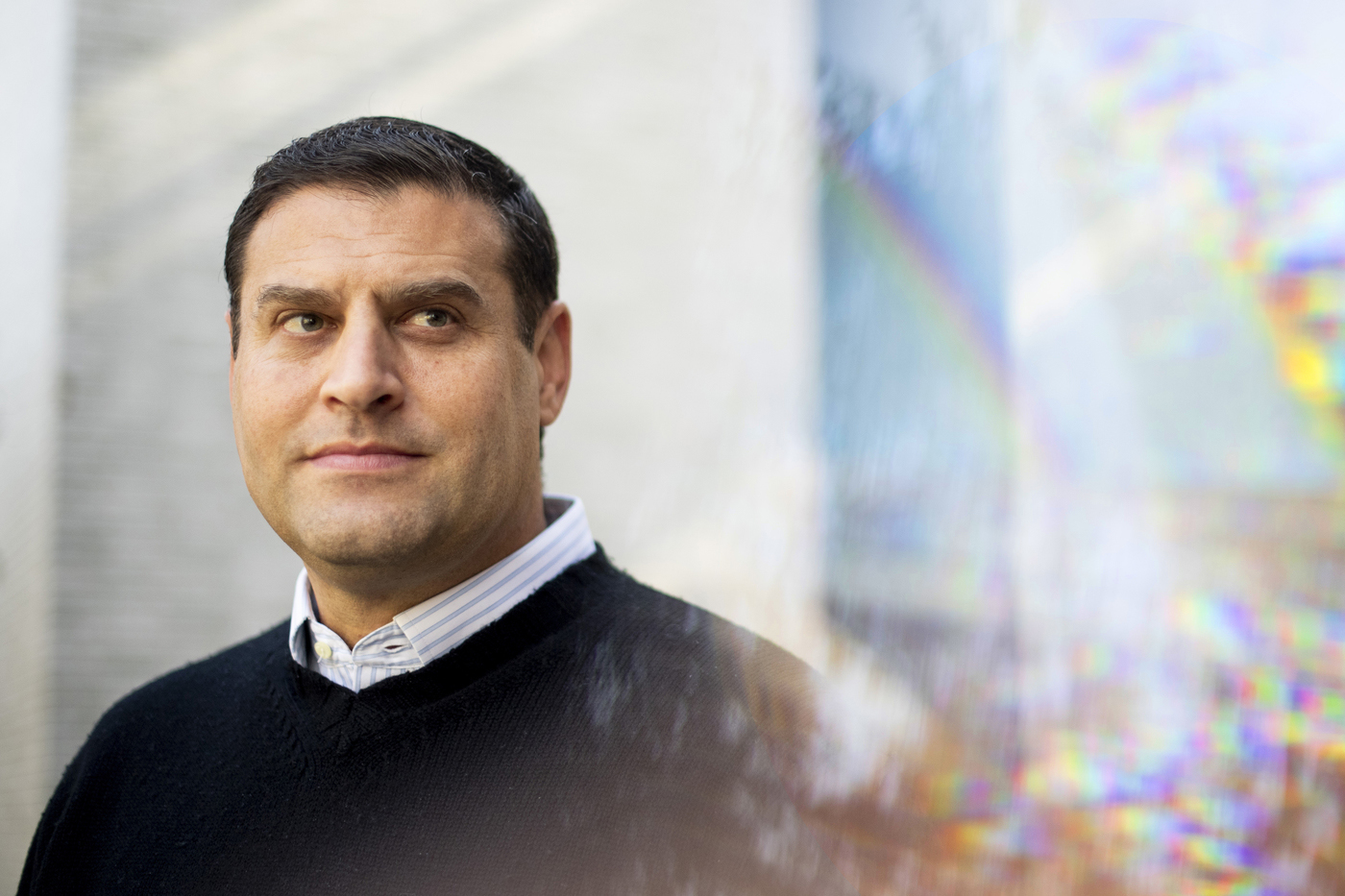Did the conservative justices commit perjury? Here’s what they said under oath about Roe v. Wade

After conservatives consolidated their supermajority on the Supreme Court with Neil M. Gorsuch, Brett M. Kavanaugh and Amy Coney Barrett, many legal experts thought it all but certain that Roe v. Wade, the 1973 landmark decision protecting a person’s right to an abortion, was doomed to fall.
Yet statements made by the trio of justices during their respective confirmation hearings suggested that they would, if confirmed, honor precedent or not reconsider matters thought to be so-called settled law (and Roe is frequently cited as such).
“I said that it’s settled as a precedent of the Supreme Court entitled to respect under principles of stare decisis, and one of the important things to keep in mind about Roe v. Wade is that it has been reaffirmed many times over the past 45 years,” Kavanaugh said during his 2018 confirmation hearing, responding to a question about whether he thought Roe was settled law.

Kavanaugh added to that by saying that Roe “[was] precedent on precedent,” suggesting that the protections it conferred had stood the test of time—and that, as a matter of course, he would vote to uphold it.
But amid the fallout from the Supreme Court’s decision Friday overturning Roe, what many—including Sen. Susan Collins of Maine—interpreted then as reassurance from the justices that they would uphold settled law turned out to be careful lawyerspeak. In retrospect, it should have suggested they were poised to do the opposite, says Dan Urman, director of the Law and Public Policy Minor at Northeastern, who teaches courses on the Supreme Court.
“To me, their careful lawyerly phrasing was, itself, a demonstration that they were prepared to overturn Roe,” Urman says. “If they were not, then they could have given a more direct and less careful answer.”
Many current and former politicians, pundits and activists are charging that the justices lied under oath when they appeared to endorse the view that Roe was unassailable precedent (even though legal precedents have been overturned dozens of times). So, now that their actions appear to contradict their testimony under oath, did the justices commit perjury? Urman says it’s unlikely they did.
“I don’t think any of them committed perjury in the technical legal sense of the word, because they stayed general enough—and descriptive enough—of the law at the time they were nominated,” Urman says.
If anything, he says, the justices’ statements were “deliberately misleading.” It has been something of a standard, since the failed nomination of former President Ronald Reagan’s pick, Robert Bork, that nominees would scrupulously avoid giving straight answers to questions—particularly as it relates to how they would vote on key issues. Bork’s explicit hostility toward the civil rights decisions of the preceding decades, including the right-to-privacy framework that has formed the basis of several landmark decisions (including Roe), ultimately led to an emphatic, bipartisan rejection of his nomination.
“Full candor, at a Senate Judiciary Committee hearing with the American public watching, is seen as a deathknell,” Urman says. “Full candor went away in 1987, with 58 U.S. senators, including 6 Republicans, voting against [Bork].”
Now, lawmakers who backed both Kavanaugh and Gorsuch have put out statements expressing a sense of betrayal. Collins said Friday’s decision was “inconsistent” with what the pair told her in private meetings concerning abortion rights; Sen. Joe Manchin of West Virginia tweeted a statement expressing the same.
“This decision is inconsistent with what Justices Gorsuch and Kavanaugh said in their testimony and their meetings with me, where they both were insistent on the importance of supporting long-standing precedents that the country has relied upon,” Collins wrote.
Urman says he finds it hard to believe that Collins and Manchin actually thought the two justices would vote to uphold Roe; rather, he says, they probably didn’t think—with the fast-tracking of Coney Barrett’s nomination after the death of Justice Ruth Bader Ginsburg—that it would all come crashing down this soon.
“I’ve heard Charlie Brown felt misled when Lucy kept removing the football,” Urman says.
Since the infamous Bork hearing, which in some ways defined the two parties’ approach to vetting Supreme Court candidates, he says nominees have learned to not to give away too much information about their own judicial views.
“They will always have an escape hatch, where they could say that they didn’t want to provide any specific promises, since there would be pending cases asking the exact question,” Urman says.
For media inquiries, please contact media@northeastern.edu






